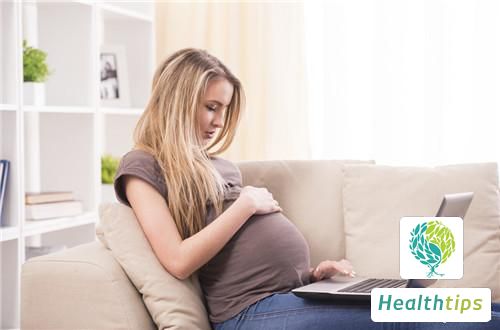Pregnancy may lead to moodiness, but not everyone will experience it. Everyone's situation is different. In the early stages of pregnancy, hormonal changes occur in the pregnant woman's body. After the fertilized egg implants, the secretion of progesterone, estrogen, and other hormones in the body increases. Under the influence of these hormones, pregnant women tend to become irritable, and some may experience emotional depression.

1. Moodiness may occur in the early stages of pregnancy, and it varies from person to person. This is because in the early stages of pregnancy, hormonal levels in the body change. After the fertilized egg implants, the levels of estrogen, progesterone, placental lactogen, and human chorionic gonadotropin increase, and neurotransmitters also increase. Under the influence of these hormones and neurotransmitters, patients may experience symptoms such as emotional excitability or depression.
2. It is natural for pregnant women to feel complex emotions, whether it is joy, melancholy, happiness, or sadness, whether it is laughter or tears. Partners may be confused or even less supportive. Pregnant women need to explain to their partners that the extreme emotional fluctuations are caused by pregnancy and that they need their understanding and support.
3. In the early stages of pregnancy, pregnant women should pay attention to rest, eat a balanced diet, consume fruits and vegetables rich in vitamins, consume quality proteins, avoid cold, spicy, and stimulating foods, avoid smoking and excessive alcohol consumption, and prevent poor embryonic development. It is also important to maintain a pleasant mood and regularly participate in outdoor activities suitable for one's physical condition.

